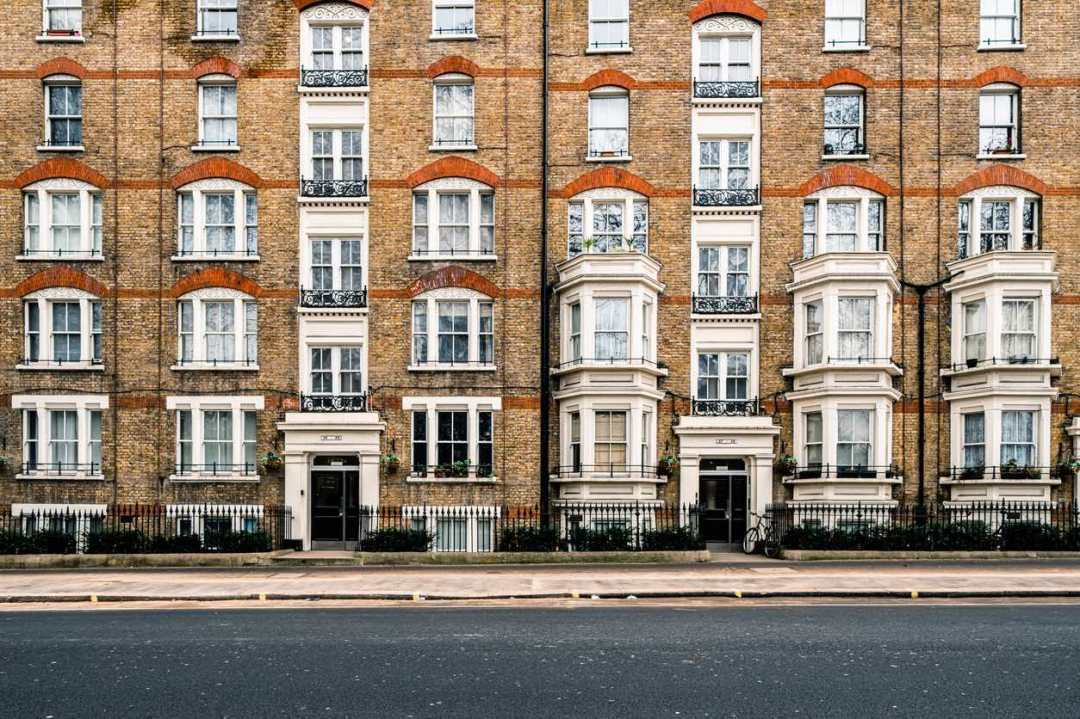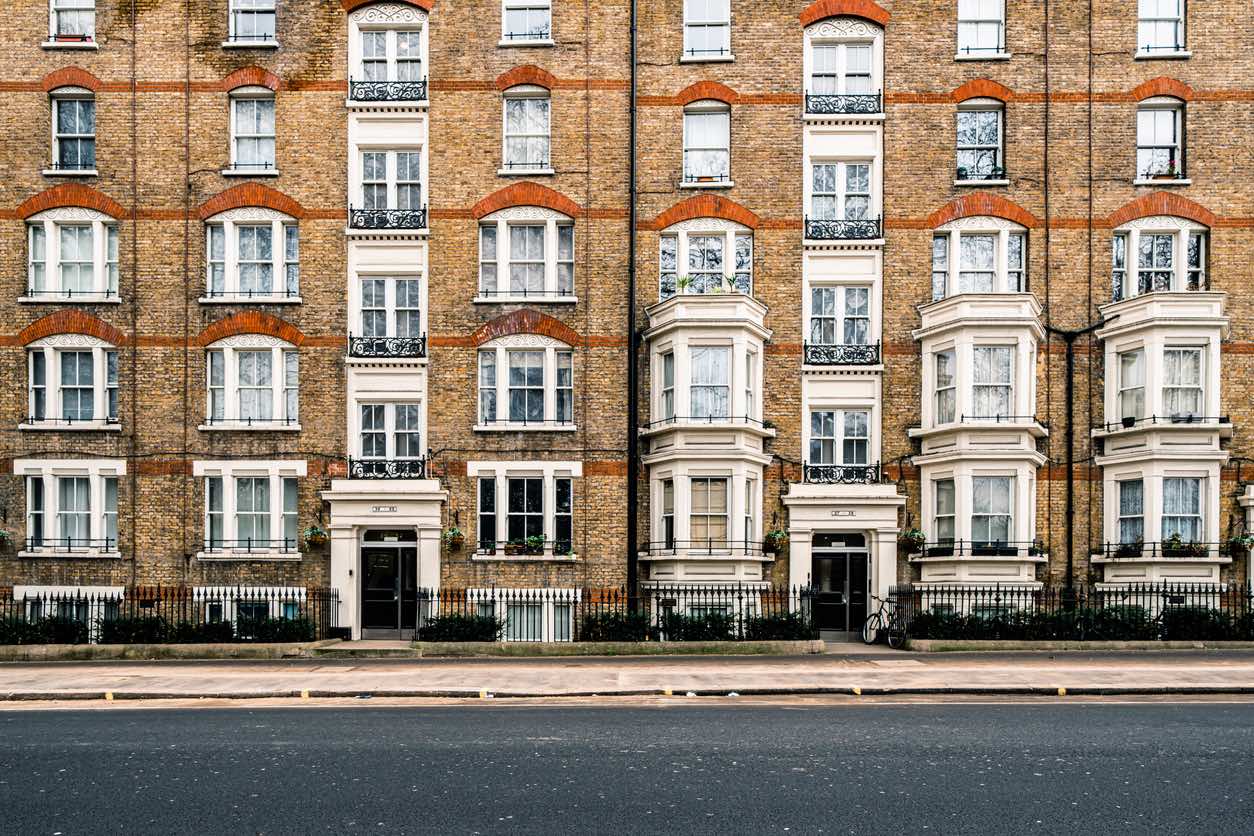Let’s say you’re a young woman working in London, and you own a one-bedroom flat in Islington. You fall in love with a chap who has a nice house in Devon. You marry him.
As soon as you do that, you’ll no longer be allowed to park your car outside your Islington flat in the daytime, except on a meter for a maximum stay of two hours. A married couple is only permitted one primary residence between them, and the larger country house will most likely be designated the main home. In all central London boroughs (not just Camden as in this example), you’re not eligible for a resident’s parking permit if the dwelling is your second home, even though you pay the full council tax.
Worse: you’ll soon be paying double the council tax. Under the Levelling Up and Regeneration Act of 2023, councils were given permission to impose additional council tax of 100 per cent on furnished homes not used as a main residence. From tomorrow, nearly all councils across Britain (including most London ones) are going to start doing so, so you’ll be paying that 100 per cent premium for your small London pad – and you still won’t be allowed to park.
At this point, you may well regret having accepted the marriage proposal. The practicalities of life have got considerably harder. You can no longer drive back to London for work on a Sunday night, because you’ll be fined for parking near your flat the next day – unless you hire a private parking space for £300 to £600 per month.
So, of course, you consider designating the London pad as your primary residence. But if you do that, you’ll have to pay the 100 per cent premium on the council tax for the country residence which is now the second home. A typical annual council tax of £2,171 will double to £4,342. And if the chap you married happens to have his second home in Wales rather than England, the premium (if it’s designated a second home) will go up by 150 per cent.
It seems monumentally unfair that from tomorrow, as a second-home owner, you’ll be paying double what permanent residents pay in council tax (although you stay at the property less than they do), and yet you’ll still be denied one of the chief privileges of having a property somewhere: being allowed to park on the road outside it for an annual fee. You can feel the Khan/Miliband ideology behind this. At one stroke, the rule punishes both the wealthy and car drivers. The thinking is: ‘We can’t stop people from owning two homes, as that would be too illiberal, but let’s try making it extremely uncomfortable to do so, so the ghastly people feel both guilty and excluded.’
One London borough is fighting back against this punitive ideology. Councillor Cem Kemahli of Kensington and Chelsea sent out a letter to the borough’s residents in January, saying: ‘I believe all residents who pay council tax ought to be able to benefit from the services the council has to offer, and am proposing that residents of second homes in the borough should have the option to buy a parking permit.’ He proposes to cap the number of second-home parking permits at 2,000.
The consultation period is still under way, so the outcome of this daring proposition is uncertain, but I hope it’s carried. As Kemahli explained in that letter, car ownership in the borough has dropped by 8 per cent over the past ten years, and the number of residents’ permits has fallen from 36,652 in 2013 to 31,329 in 2024. So there’s certainly capacity.
If it’s acceptable to deny second-home owners a parking permit, it’s all too easy to imagine them one day being told: ‘We will no longer collect your rubbish. Please take it with you.’
Not only that, but Kensington and Chelsea is one of the very few boroughs in Britain that is not (this year at least) going to impose that 100 per cent premium on council tax for second homes. ‘We’re trying to be the blue island in the middle of London,’ Kemahli told me. ‘We chose not to apply that 100 per cent extra council tax on second homes this year – but we’ll have to keep our options open. There are rumours of central government assuming we have applied it, and cutting our budget accordingly. If there are taxes you can legitimately raise, the assumption is that you have raised them.’
When it comes to the proposal for parking permits for second homes, he assures me it’s not simply about raising revenue – although that would be one effect. ‘The crux is: why should we treat residents differently just because of the way they own their home?’
Why indeed? As soon as a council treats certain residents as second-class citizens, where does that stop? If it’s acceptable to deny second-home owners a parking permit, it’s all too easy to imagine them one day being told: ‘We will no longer collect your rubbish. Please take it away with you.’
This ‘100 per cent premium’ on council tax also sets a frightening precedent. It has become acceptable for a council, or a government, to double the price of something overnight. We’ve just seen this in Spain, where foreign house-buyers are suddenly facing a 100 per cent tax on the purchase price. Thus this brutal, doubling surcharge casually enters the world’s vocabulary: a new bludgeon with which to clobber people whom the authorities don’t approve of and wish to ‘nudge’ to change their behaviour.
As the example of the marrying couple shows, and as Cem Kemahli argues, second-home owners are ‘not all oligarchs with multiple homes’. Often they’re hard-working couples who happen to have amassed two properties between them over their lifetimes, and whose spending contributes to the economies of both places.
Now, those people, if they have the presumption to drive their car to their London pad, have to do a kind of parking dance, leaping from a four-hour meter to a two-hour meter and then to a few supermarket carparks to get through the day’s long hours. And if their ‘second home’ is in a particularly unfriendly London borough in which only those with residents’ permits are allowed to drive on the side streets, they have to undergo the petty humiliation of being stuck in the long traffic jams on the perimeter roads with all the other aliens.






Comments